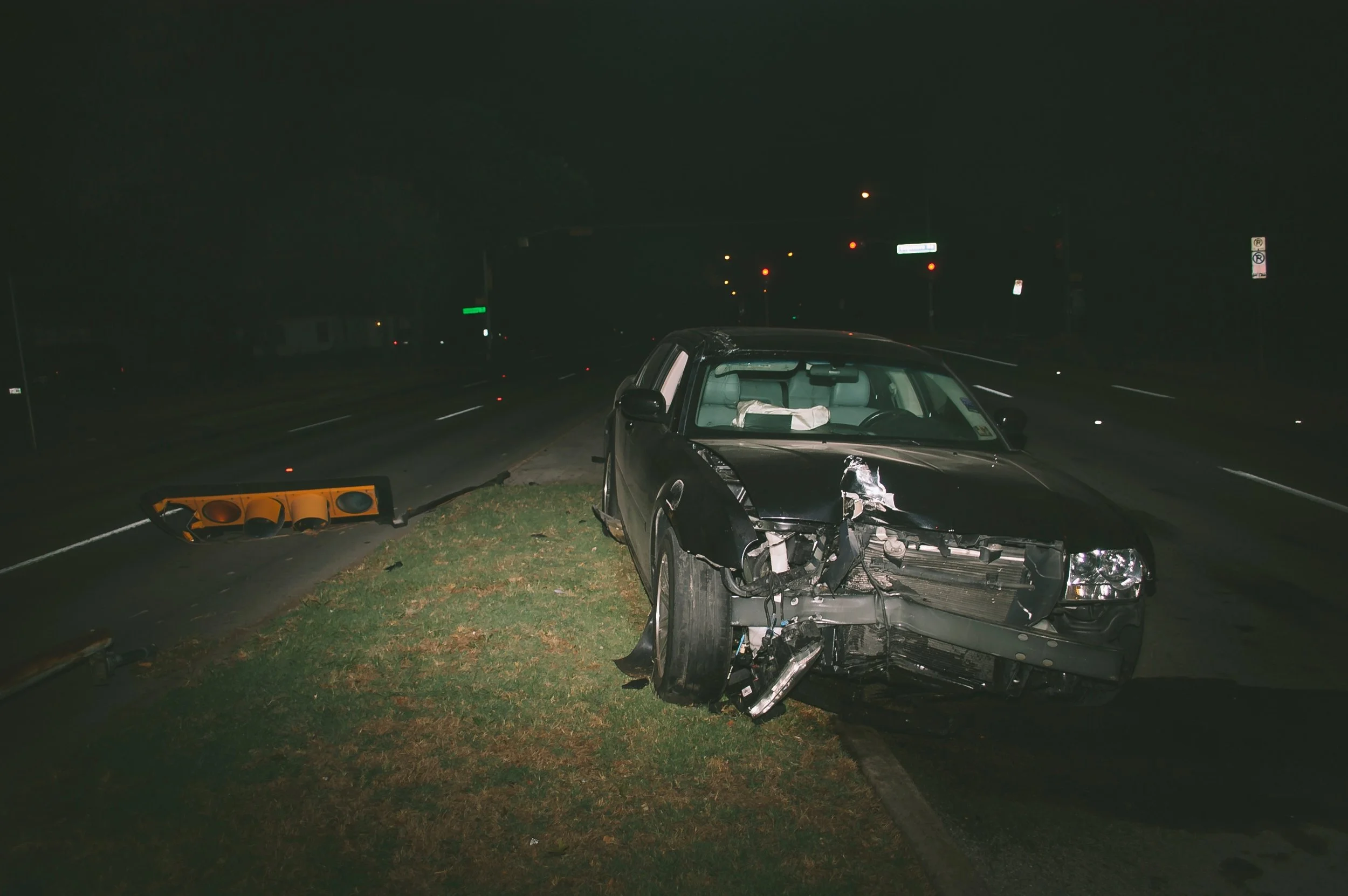Effective August 1, 2019, the Louisiana legislature has made a few changes to the States’ expungements laws. The first change makes clear that the records that must be removed from public access after an expungement order is signed include records of arrest or warrants for failure to appear bench warrants provided that bench warrant was related to the same offense(s) for which the person is seeking an expungement. This change will close a loophole that could have allowed an individual to receive an expungement, have their arrest record for the original arrest removed from public access, but have their rap sheet still show an arrest or an outstanding warrant for a bench warrant if they had failed to appear in court for any reason for that same charge.
The second change increases the availability of expungements for individuals with felony convictions. Also, taking effect on August 1, 2019, Code of Criminal Procedure Article 978 now allows individuals who are entitled to a first offender pardon pursuant to Article IV, Section 5(E)(1) of the Louisiana Constitution to be eligible for an expungement, as long as the offense they are attempting to expunge is not a crime of violence as defined in La. R.S. 14:2(B) or a sex offense as defined in La. R.S. 15:541.
The First Offender Pardon contained in the Louisiana Constitution automatically pardons an individual who has been convicted of a non-violent crime (or of mingling harmful substances, extortion, or illegal use of weapons or dangerous instrumentalities) who has completed his sentence. This effectively means that, for those convicted of only one felony, who may not have been sentenced pursuant to Article 893, they will be eligible to expunge their arrest and conviction immediately upon completion of their sentence, provided they are otherwise eligible for a first offender pardon.
If you or someone you know thinks you may now be eligible for an expungement, please contact our office for a consult at (318) 459-9111.



























